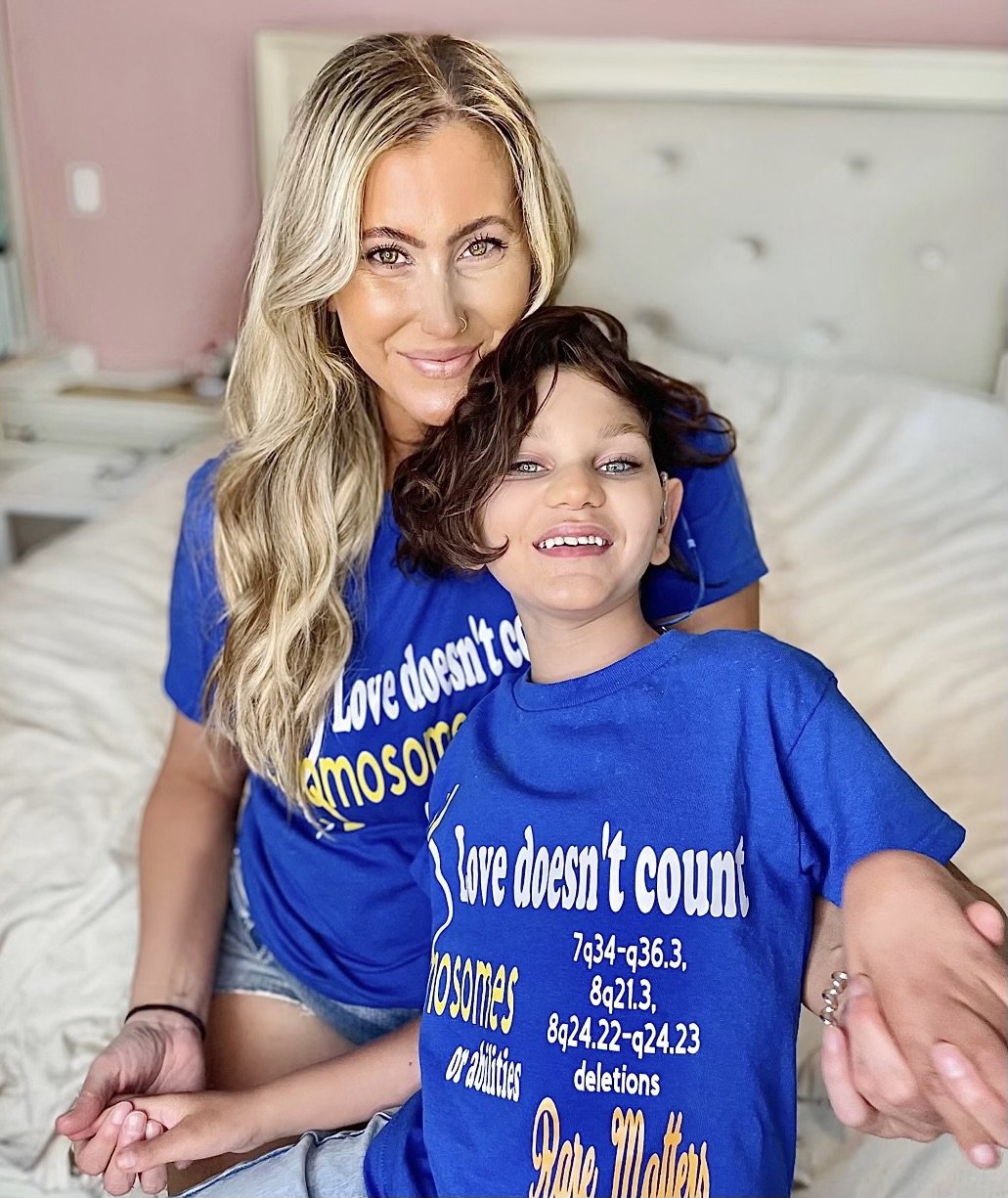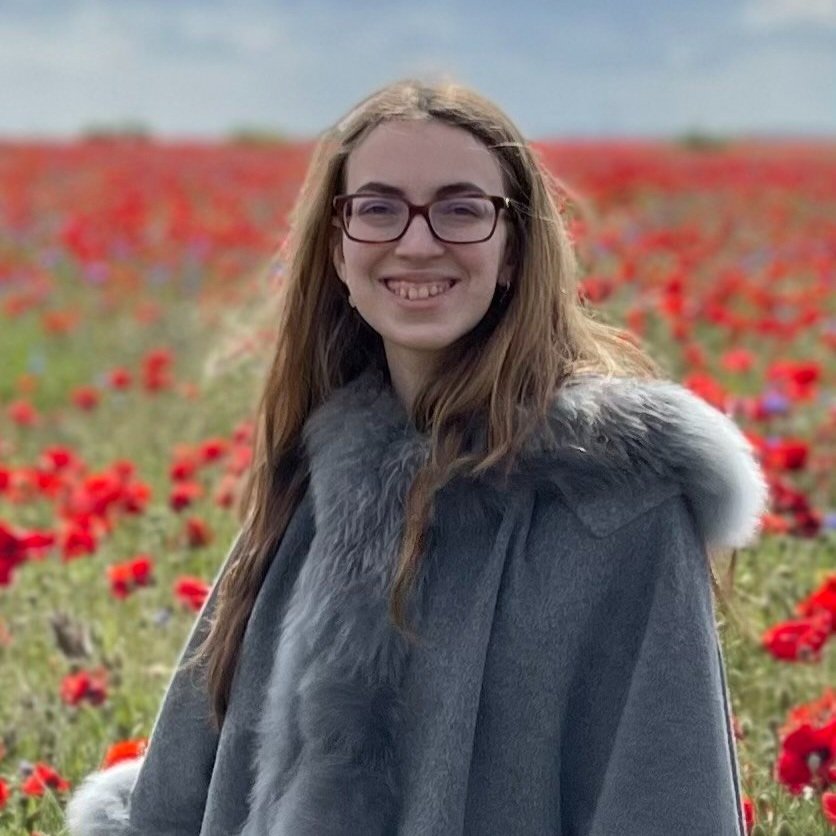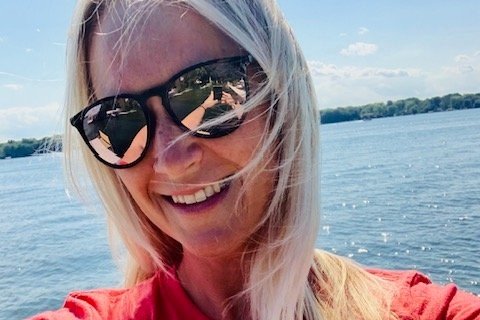
Ask Thryv Live: Episode 1
Thryv Therapeutics will be hosting our very first “Ask Thryv Live” on Tuesday, May 7th from 12:00 p.m. to 1:00 p.m. ET.

Shake it for Shea - Shea’s LQTS Story
Baby Shea came into the world, early, in dramatic style. She needed resuscitation immediately after birth, and on her second day of life, Shea’s heart went into a type of arrhythmia called Torsades de Pointes. Doctors estimated that Shea’s QT interval was over 700 (normal is <440ms).

Heather’s LQTS Story
In February 2018, Heather, the Curriculum Director of her local school district, was joking and chatting with colleagues in the conference room. All of a sudden, she felt the room begin to spin, felt nauseous, and attempted to leave for the restroom. She managed only two steps towards the door before her heart stopped, and she dropped lifeless to the floor.

Azariah’s LQTS Story
Baby Azariah, whose name means ‘God is my help’, was born prematurely and spent 33 days in NICU (Neonatal intensive care unit). He was initially rushed to NICU due to an abnormal heart rate. Fortunately, the hospital had the state’s best paediatric electrophysiologist and diagnosed Azariah with a severely prolonged QT interval. He immediately started beta blockers, one current therapy for Long QT syndrome. Angela attributes this vital early intervention at only two days old to saving Azariah’s life.

Inside Thryv - A Conversation with Doug Wight, Vice President, Drug Development
Introducing Doug Wight, Thryv's Vice President, Drug Development. Join us as Doug shares his impactful journey in the field of life sciences that lead him to his pivotal role in drug development at Thryv!

Lizzy’s lifelong journey with Long QT Syndrome
Lizzy's journey with Long QT Syndrome began at birth when a nurse noticed her low heartbeat, leading to comprehensive monitoring and the identification of her arrhythmia. She was immediately transported to the Children's Hospital of Philadelphia, where she was diagnosed with Long QT Syndrome Type 3.

Inside Thryv - A Conversation with Marc Vidal, Senior Director, Product & Process Development
Join us as we introduce Marc Vidal, our Senior Director of Product & Process Development at Thryv. Discover Marc’s journey in the sciences, how it lead him to be the first employee to join the Thryv team, and learn how he consistently works to #berelentless in pursuit of innovation!

Ashley, Peyton & Avery’s LQTS Story
The family hopes that by sharing their story, people will evaluate how prepared they are for a cardiac event. Whether it's through CPR training or having AEDs in schools, they want to change the narrative of "it won't happen to me".

Inside Thryv - A Conversation with Shannon Hewgill, Research Associate
Curious about the behind-the-scenes of Thryv's oncology program development? Meet Shannon Hewgill, our Research Associate who's work in the lab is helping develop the oncology program from the ground up.

Abrielle was two when diagnosed with LQTS Type 3
Two weeks after doctors told her parents she was the “picture of health”, Abrielle suffered a sudden cardiac arrest. Fortunately, her father was able to perform CPR until emergency personnel arrived.

Rob’s not stopping for LQTS Type 2
Rob’s message to the Long QT community is to not fear their diagnosis. He lives his life by the same philosophy he applies in racing: Control what you can control.

Inside Thryv - A Conversation with Debra Odink, President & CDO
In our new series, ‘Inside Thryv - Conversations with Employees,’ we sit down with our team members to learn about their roles and how they help drive our mission forward. First up is Thryv’s President & Chief Development Officer, Debra Odink!

Lizzie Presents to the Brigham & Women’s Hospital
Lizzie hopes sharing her experiences raising a child with an ICD and diagnosed Long QT Type 15, she will reach people it can help.

Alicia’s LQTS Story
Her dad performed CPR for 20 minutes before emergency services could arrive and defibrillate her back to normal sinus rhythm. This is Alicia’s inspiring story

Complete the 10-minute SADS Research Survey & Help Change Lives
The SADS Foundation is working with companies almost ready to recruit participants for first-of-their-kind clinical trials. But first, they need to learn more about the SADS community through this ten-minute survey so they can help connect you to research studies.

SADS Live interview with Thryv Therapeutics
Three of our team were invited to join Dr. Michael Ackerman as part of the SADS Live program. We invite you to watch this interview to learn more about our passionate team and progress, what the next steps are as we move into clinical studies, and what we are doing to challenge the current LQTS treatments.

What a great year we had at Thryv!
2022 was a big year for Thryv Therapeutics, and 2023 is shaping up to be even bigger. Debra Odink, President & Chief Development Officer, shares her wrap-up of the year.

Racing for a Cure for Long QT Syndrome: A Day with Dr. Das
Dr. Saumya Das, PhD MD, answers some tough questions about his research and the difficulties of treating individuals with a chronic syndrome.

Taking the Plunge for “The Long Cutie” & All Those with LQTS
In July 2021 a team of former Indiana University Swim Team are competing in the Trans Tahoe Relay race to raise awareness of Long QT Syndrome and the need for advanced treatments, while raising funds for 4-yr old Isla who has LQT3.

How Many LQTS Patients are There?
LQTS has a very real impact. At a rate of 1 in 2,500 newborns, prevalence could be north of 130,000 people in the USA alone. Most importantly, we have the ability, and perhaps the moral obligation, to diagnose LQTS and uncover individuals born with it.
